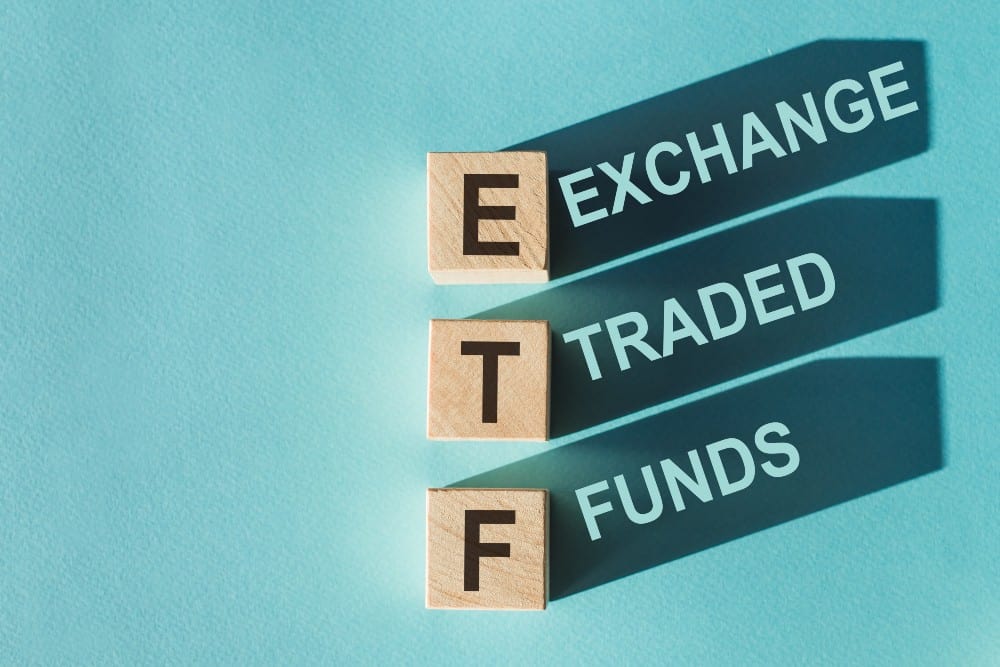Exchange-traded funds (ETFs) are great for expressing a thematic investment strategy. This is an active bet on which market sectors are likely to outperform, such as tech, energy, banking, or even marijuana!
With high inflation rates sending the prices of groceries and other food staples soaring in Canada, some investors have been tilting their portfolios towards the agricultural and water sectors.
The first ETF produces the food we eat, ensuring that we have the most basic of necessities fulfilled. I would consider it the hidden backbone of the economy as we know it. Without food, everything else grinds to a standstill.
The second ETF produces, purifies, and distributes the most important commodity in our life — water. Water has several characteristics that make it desirable as an investment: it is scarce with a finite supply, it can be owned and controlled by private parties, and it can be sold.
Now, I’m not encouraging you to go out and fill a storage locker with bottles of water, build a reservoir, buy a cattle herd, or start a chicken coop. There are easier ways to invest in water and agriculture, and today we’ll examine two ETFs from BlackRock that allow you to do so.
iShares Global Water Index ETF
iShares Global Water Index ETF (TSX:CWW) seeks to replicate the performance of the S&P Global Water Index, net of fees. This ETF holds a total of 50 global water industry stocks, including those of water utilities, infrastructure, materials, and equipment companies.
Around 51% of the stocks held are from the U.S., while 15% are from the U.K., and 9% are from France. Companies in Switzerland, China, Japan, Italy, Canada, the Netherlands, and Australia are included, too.
CWW currently has assets under management (AUM) of $358 million, which is lower than most index funds but sufficient for liquidity and trading purposes.
The fund will cost you a management expense ratio (MER) of 0.66% a year to hold, which is expensive compared to index funds, but not so much for a thematic fund.
CWW also pays a surprisingly decent 12-month trailing distribution yield of 3.05%, owing to its substantial holding of utilities stocks.
iShares Global Agriculture Index ETF
iShares Global Agriculture Index ETF (TSX:COW) seeks to replicate the Manulife Asset Management Global Agricultural Index, net of fees.
This ETF holds 37 global agriculture sector stocks, including those of companies involved in the production of agricultural products, fertilizers and agricultural chemicals, farm machinery, and packaged foods and meats. Canadian stocks held include Nutrien, Tyson Foods, and Rogers Sugar.
Around 84.44% of the stocks held are from the U.S., while 9.44% are from Italy, 3.06% are from Canada, and 2.70% are from Israel. COW currently has AUM of $305 million, an MER of 0.72%, and pays a small distribution yield of 0.68%.
The Foolish takeaway
If you have a strong investment thesis around the global water or agricultural industry, buying CWW or COW may be a good way to express that view. By doing so, you’re making an explicit bet that either will outperform the broad market. While this could occur during some market cycles, you should also be ready for periods of underperformance and high volatility.
Neither of these ETFs are particularly diversified, so you’ll be taking on more risk compared to an index fund. That being said, If you are bullish on water or agriculture and have a long-term perspective, CWW or COW could be excellent ETFs to buy and hold.








